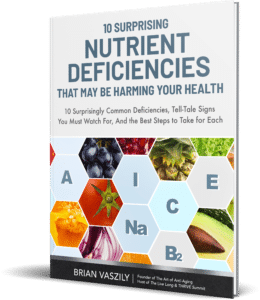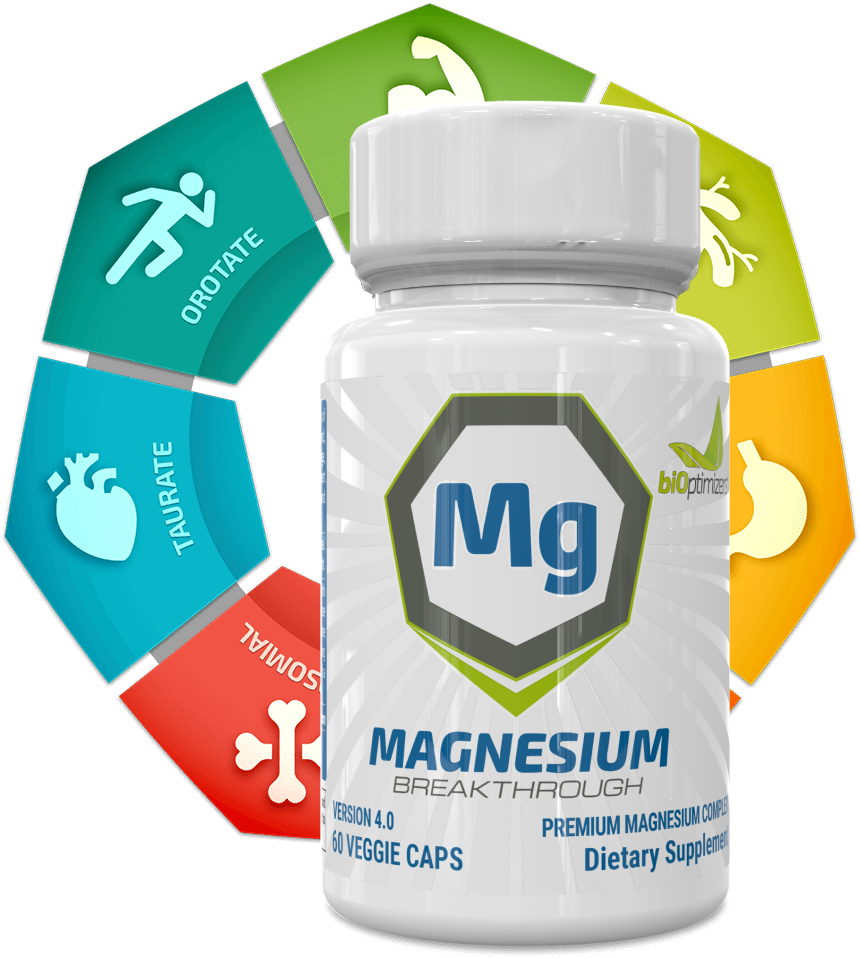Unlocking Nutritional Secrets: The 3 Surprising Nutritional Deficiencies
In this Nutrition Bite, we are looking into the intriguing world of nutrient deficiencies. Let’s turn the spotlight on the three common deficiencies that might surprise even our plant-based friends.
The following is excerpted from “10 Surprising Nutrient Deficiencies That May Be Harming Your Health”
Your body needs a range of different nutrients — such as vitamins, minerals, and antioxidants — to function properly, prevent and overcome illness, and sustain your energy levels.
Eating a balanced diet that includes a variety of healthy whole foods, including an abundance of plant-based foods, is the best way to get the nutrients that you need.
However, many people are falling far short on certain nutrients today.
Here are 3 to consider:
1. Vitamin D
Vitamin D is a fat-soluble vitamin that has several essential health properties. It functions like a steroid hormone and is produced by the cholesterol in your skin when exposed to sunlight. This is why it’s often referred to as the “sunshine vitamin.”
Vitamin D may also promote a stronger immune system, better strength, lower the risk of illnesses such as c*ncer and diabetes, and support brain health.
The primary natural source for vitamin D is sunshine. In fact, about 50 to 90% of the vitamin D in the body is absorbed through the skin via sunlight.
The big problem is that people are now spending more time than ever indoors. In the U.S., for example, people now spend an average of 90% of their time inside.
Most common risk factors for vitamin D deficiency include the following: insufficient sun exposure, aging, darker skin pigmentation, chronic kidney disease, and obesity
Signs to be aware of include: generalized weakness, fatigue and muscle aches, muscle twitching, bone problems (osteoporosis and osteomalacia), depression, lethargy, irritability, and developmental delay in children.
Recommendations
Generally, about 20 minutes of midday sunshine daily with at least 40% of skin exposed is required to prevent vitamin D deficiency. Recommendations to spend more time in the sun are highly controversial due to the risk of skin c*ncer with sunlight exposure.
Two of the top VEGAN whole food sources of vitamin D are mushrooms and fortified plant-based milks. Mushroom can provide as much as 10μg of vitamin D per 50g serving!
However, other sources include: steel cut oats, Avocado, kiwi, oranges, bananas, figs, papaya, spinach, kale, broccoli, brussels sprouts, collard greens, sweet potato, and even lichen.
2. Potassium
As an electrolyte mineral, it has many essential functions in the body, from fluid balance to regulating muscle contractions.
According to the 2015-2020 USDA Dietary Guidelines, potassium is one of the “nutrients of concern” for Americans.
Consuming adequate amounts of potassium may help lower your risk of heart disease and type 2 diabetes. Additionally, it may help reduce the risk of bone conditions like osteoporosis and has been shown to aid in kidney stone prevention.
Signs of potassium deficiency may include the following: Muscle cramps, aches, stiffness, fatigue, weakness, heart palpitations, difficulty breathing, numbness, tingling in limbs, gastrointestinal problems, and mood changes.
Recommendations
In some cases, supplementation may be necessary. However, it is important to consult with your doctor before taking potassium supplements. Potassium supplements may be unsafe for some people, such as those with kidney failure who need to limit their potassium intake.
Some of the best sources of potassium are listed below:
- Fruits such as apricots, prunes, oranges, bananas, cantaloupe, and raisins
- Vegetables such as squash, potatoes, spinach, tomatoes, broccoli, and asparagus
- Legumes such as kidney beans
- Grains such as brown rice
3. Iodine: A Seaweed Solution
Iodine is a mineral that your body needs to produce thyroid hormones, which are necessary for proper metabolism, growth, and development. But for vegans steering clear of animal products, poses a potential deficiency risk.
The dilemma–Iodine is not always readily absorbed by the body, especially for people who consume known iodine antagonist foods (flaxseeds, soy, raw veggies like broccoli, cauliflower, or cabbage) that slow iodine’s absorption further and counteract its beneficial effects.
The surprising element? Seaweed, a vegan-friendly superfood, emerges as a potent iodine source.
Balancing iodine intake becomes an art for vegans, emphasizing the need for variety in their plant-based choices. The twist is in recognizing seaweed’s significance as a thyroid-supporting ally for vegans.
Signs of Deficiency: Goiter or swelling of the neck, pregnancy complications, learning difficulties, unintentional weight gain, weakness, fatigue, increased heart rate, shortness of breath, hair loss, and dry skin
Sources:
Dried sea vegetables such as dulse, kelp, and nori. You can also get some from strawberries, prunes, apples, and cranberries.
The fact is, eating a balanced diet that includes a wide variety of whole foods is the best way to prevent nutrient deficiencies. It is best to choose clean, independently certified organic foods to avoid introducing potential toxins into your body that can work against your health.
And sometimes, supplementing with high-quality and ideally independently certified organic vitamins and minerals can be a smart secondary strategy.
However, if you have a certain illness or take medications, it is important to consult with your healthcare provider before taking any supplement.
To discover 7 more surprising deficiencies, you can download a complimentary copy of
10 Surprising Nutrient Deficiencies That May Be Harming Your Health today!
Let’s not view these nutrient deficiencies as roadblocks, but as signposts guiding us toward mindful choices.
Curiosity urges us to dive deeper into the lesser-known realms of nutritional health and insights–more surprises await!







































